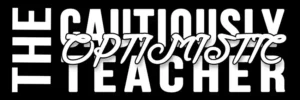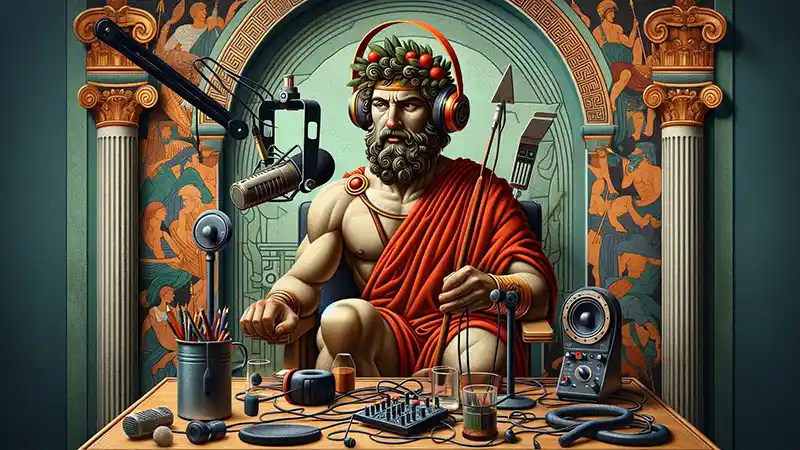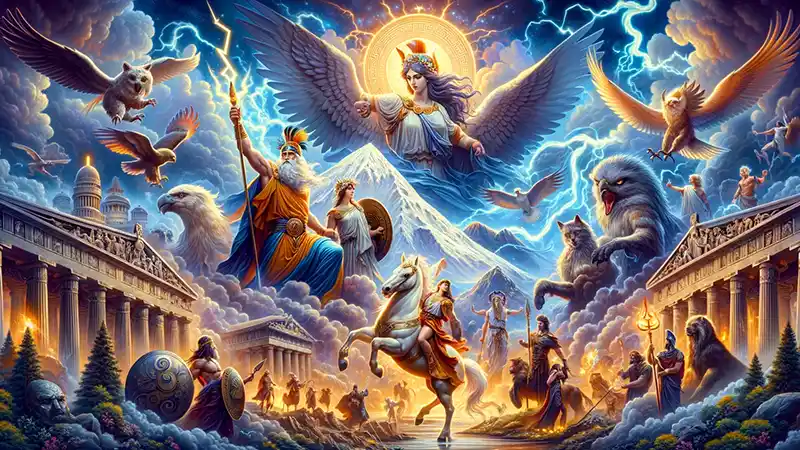Bring to life the epic tales of Bellerophon, Jason and the Argonauts, Perseus, Theseus, Odysseus, Achilles, and Hercules in your classroom. Blending traditional storytelling with modern digital media, students will explore the legendary exploits and trials of these ancient heroes. They’ll delve into analyzing, comparing, and creatively expressing their understanding of these timeless stories through contemporary formats like blogs, podcasts, or YouTube videos. This multidisciplinary approach is aimed at fostering critical thinking, enhancing research skills, and igniting a passion for ancient mythology, all while aligning with educational standards and nurturing key 21st-century skills. Prepare for an educational adventure that bridges ancient and modern worlds, making the rich tapestry of Greek mythology relevant and accessible to today’s learners.
Learning Goals
- I will be able to identify and explain the major myths, accomplishments, and trials of three selected Classical Greek heroes.
- I will be able to evaluate the cultural and historical significance of these heroes in ancient Greek society.
- I will be able to effectively communicate my findings and insights through a chosen medium (blog post, podcast, or video).
Materials
- Electronic devices to research and create a blog post, podcast, or video
Process
- Distribute the PDF and let students know that they will have to choose three of the following Greek Heroes: Bellerophon, Jason, Perseus, Theseus, Odysseus, Achilles, and Hercules.
- Watch the short video for a brief introduction to each hero.
- Choose three heroes and research information about them. Fill in the information on the handout.
- Once complete, choose one of three formats to present the information: A blog post, a podcast, or a video.
Blog Post: Approximately 500 words. You can choose the content from your research to present.
Podcast: Approximately 5 minutes. You can choose the content from your research to present.
Video: Approximately 3 minutes. You can choose the content from your research to present.
Assessment
Content (20 Points)
- Accuracy of Information (5 Points): Information about the heroes is accurate and well-researched.
- Depth of Analysis (5 Points): Depth and quality of insights into the heroes’ stories, challenges, and cultural significance.
- Comparative Analysis (5 Points): Effectiveness in comparing and contrasting the chosen heroes.
- Reflection (5 Points): Quality and depth of personal reflection on the heroes and their impact.
Presentation (15 Points)
- Organization and Structure (5 Points): Clear and logical organization of content.
- Creativity and Engagement (5 Points): Creative presentation of information and engagement with the audience.
- Textual/Visual/Audio Elements (5 Points): Effective use of visual or audio elements relevant to the project type.
Research and References (10 Points)
- Quality of Research (5 Points): Extent and depth of research conducted.
- Proper Citation of Sources (5 Points): Accurate and complete citation of sources and references.
Total: 45 Points
Content
After watching the video, choose 3 heroes to focus your investigation.
Here is a starting place for your research about each hero:
For each of the 3 heroes, do the following:
Hero 1 – Name:
Key Myth/Story
- Title of the primary myth or story:
- Brief summary of the story (4-5 sentences):
Major Accomplishments
- List the major accomplishments or feats of the hero:
- Challenges and Trials:
- Describe the main challenges or trials faced:
Character Traits
- List key character traits and qualities:
Cultural and Historical Significance
- Describe the hero’s significance in Greek culture and history:
- Interesting Facts:
- List any unique or lesser-known facts:
Visual Elements (for Blog/Video)
- Ideas for images, diagrams, or videos to include:
After you have filled out the information for all 3:
Comparative Analysis
- Similarities between the heroes:
- Differences between the heroes:
Personal Reflection
- Which hero do you find most interesting and why?
- How do these myths reflect the values and beliefs of ancient Greek society?
References
- List of sources and references used for research:
Final Project Plan
- Chosen Format: (Blog Post / Podcast / YouTube Video)
- Outline your plan for the chosen format (main points, structure, etc.)


